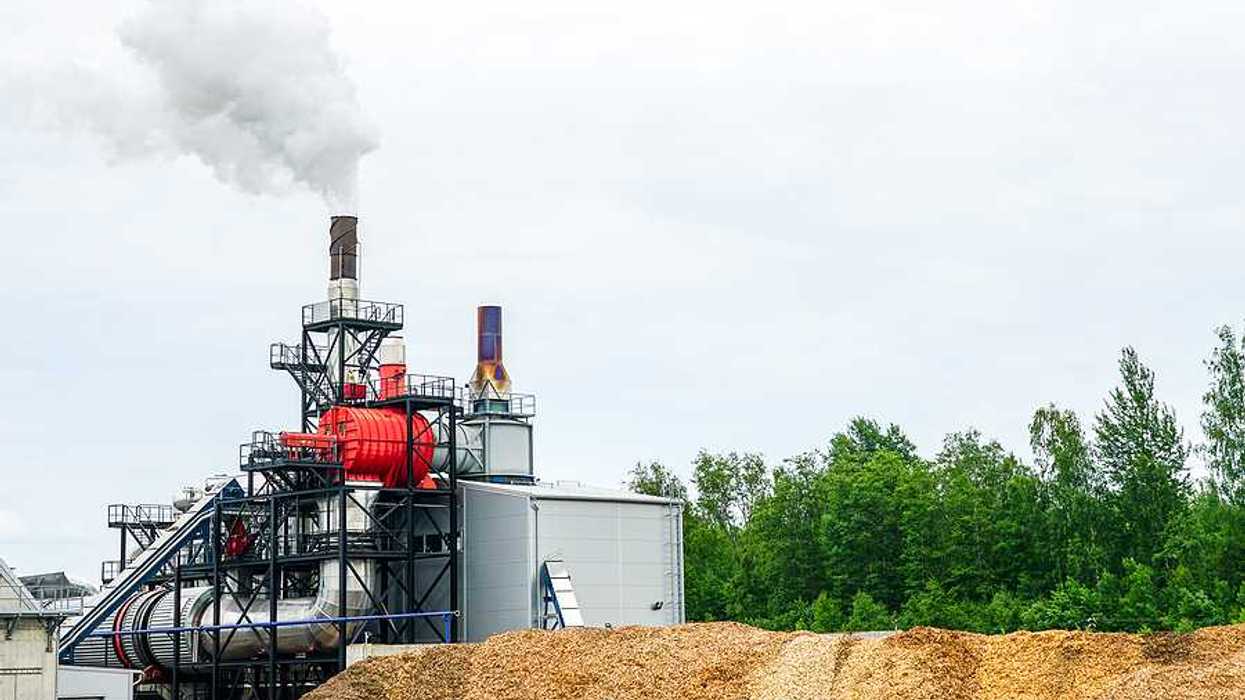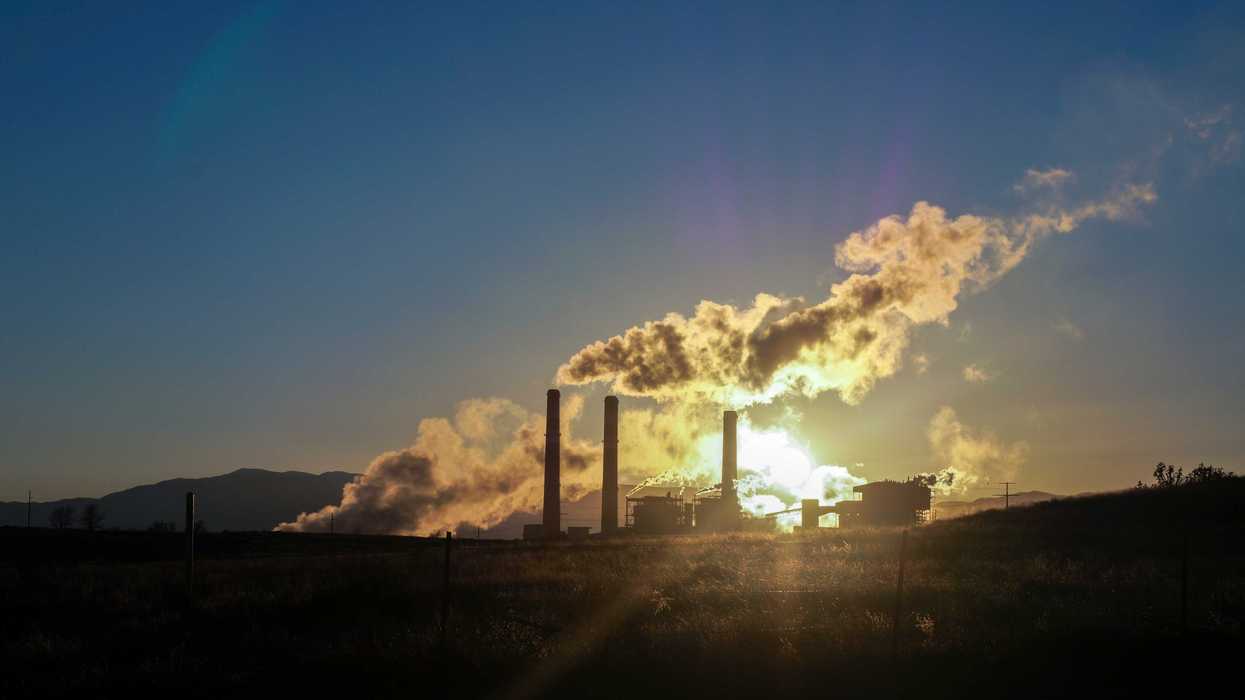Joseph Ostapiuk reports for the Staten Island Advance about how scientists are combining two sources of data to gain a comprehensive picture of sea level rise -- a consequence of climate change with profound consequences for human and ecosystem health.
In a nutshell:
Rising ocean temperatures cause water to expand, elevating sea levels gradually. This perilous trend, exacerbated by melting ice caps and warming seas, triggers disruptions to ecosystems and exacerbates extreme weather events, as illustrated by Hurricane Sandy's devastating impact. Scientists use tidal gauges and satellite-derived data to monitor sea level changes, revealing an accelerating rise that could transform coastlines and flood-vulnerable areas like Staten Island. The new data underscores the need for proactive adaptation and preparation to mitigate its far-reaching consequences.
Key quote:
“It’s no longer that linear number. That rate is increasing,” said Dr. William Sweet, an NOAA oceanographer. “That’s of concern because that’s what all the climate models suggest: With continued warming, the future of sea level rise is going to accelerate.”
The big picture:
The combustion of fossil fuels has grave health implications, with a significant link to rising sea levels. Emissions of harmful pollutants like particulate matter and nitrogen oxides from burning fossil fuels contribute to respiratory diseases, heart problems, and premature deaths. As these emissions warm the planet and lead to sea level rise, coastal communities are increasingly vulnerable to flooding, eroding infrastructure, and exposure to waterborne diseases, posing myriad threats to public health.
You can find out more here.














